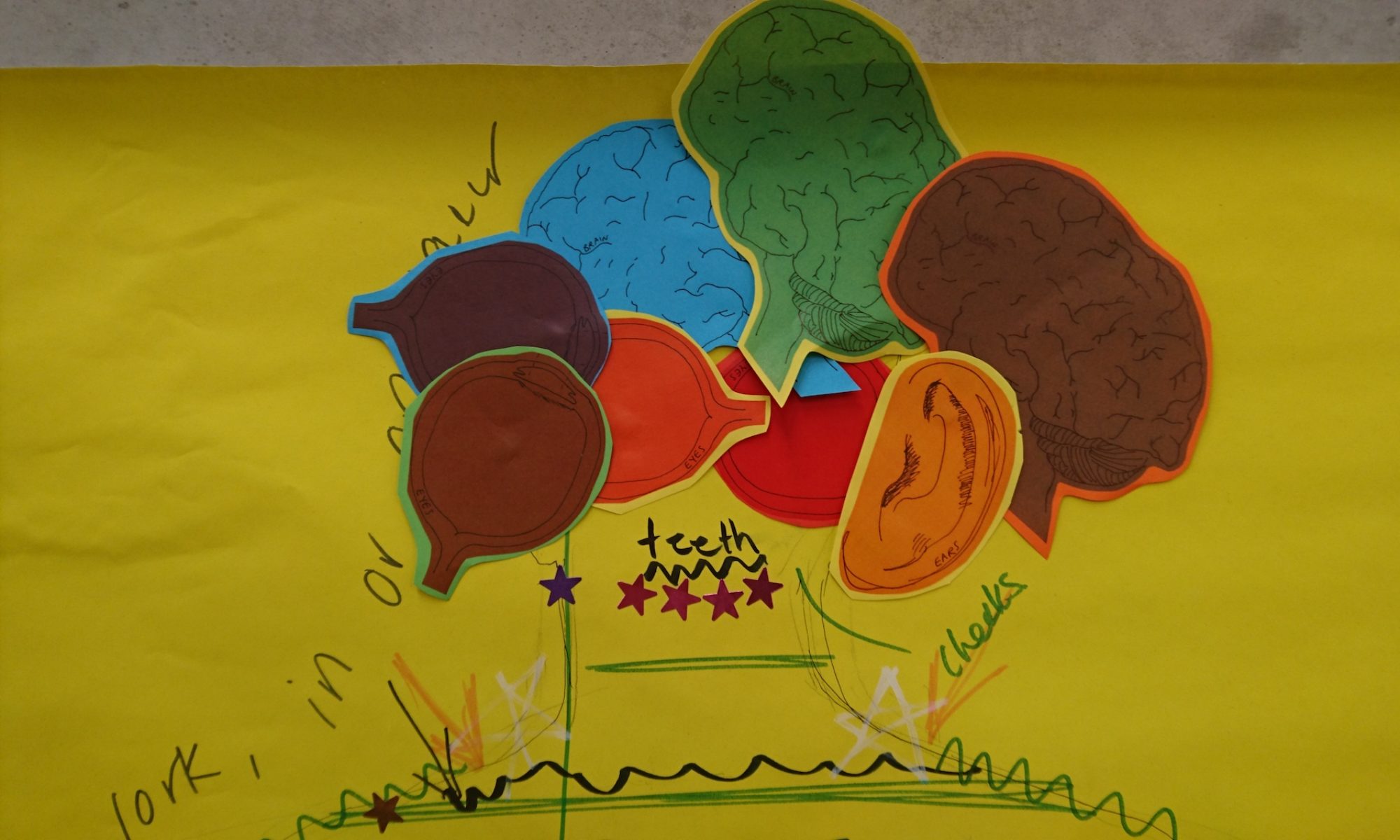Notes on the Practice as Research and the REF2021: A Working Day at Birkbeck on 27 June 2017 (by Carla Cruz):
The next Research Excellence Framework assessment – REF2021 – is around the corner and needs the input of the entire research community. Here at Birkbeck, a group of researchers came together to champion Practice as Research and to discuss the best way to articulate it.
REF2021, shall I submit my practice as research?
Participating researchers of this working day were invited to think about what is practice and what constitutes research in our practices.
Difficulties encountered in the combination of practice and research and articulation of practice as research were raised. Questions posed include:
- How can we embed our practices more firmly in our roles as academics?
- Do Higher Education Institutions foster a truly experimental environment for practice as research?
- How can we embrace ‘not knowing’ and ‘doubtful intentions’ in the research process?
Concerns about submitting practice as research for the REF2021 were also presented. Is the REF a good environment for developing a vocabulary to understand practice as research? The apprehension is that the REF encourages the articulation of research and, therefore, of practice in the simplified language of assessment. The need to articulate practice as research and to identify its evidence in highly complex projects and within traditions of practice which regard as its standard of excellence its autonomy and understand explanations as unnecessary, can be quite daunting. Therefore, it is no wonder that researchers are shying away from submitting their practice as research.
REF2014, how was practice as research submitted?
The REF2014 specified what counted as research – research is a process of investigation leading to new insights, effectively shared – but little was said about its relationship with practice. Is practice self-evident? What constitutes peer-reviewing for practice? How can we acknowledge and document the shared authorship / collaborative aspects of practice? were some of the questions raised in this working day.
By reviewing the 2015 Overview report by Main panel D the group found that as a practice based researcher submitting an output for assessment you should be asking yourself these questions:
- What was your research question?
- What was your methodology?
- What evidence do you have of your research?
The REF encourages researchers to submit extra 300 words to make a better case of practice as research. If that is not sufficient, a portfolio clarifying the project’s research imperatives can also be submitted.
To better understand how practice as research can be submitted, the group looked at examples from the REF2014. This was a very useful exercise, especially when it came to understanding the contribution of the extra 300 words to articulate the research imperatives, and the need to avoid the temptation of name dropping or seek validation in press reviews. Moreover, looking at different portfolios was helpful in understanding the need to be concise and clear.
What can be improved?
At the end of the day, it became clear that practice needs to be foregrounded. Participants felt they don’t want to be led by REF, but by a community of practitioners. Birkbeck already has a community of PhD Students and researchers – Corkscrew – that meets regularly to discuss practice as research. The potential for this community to coalesce into a critical community of practice based researchers that goes beyond Birkbeck can be actualized, and you are invited to join us.
